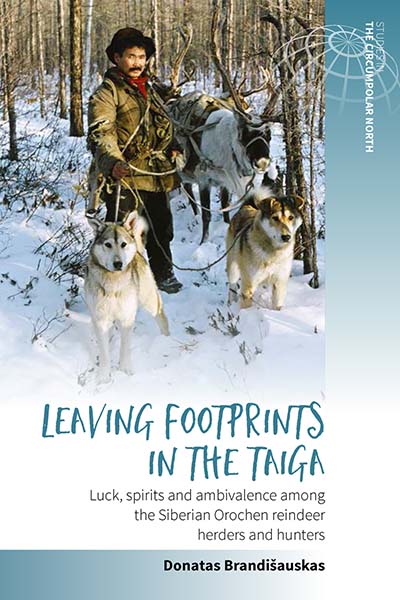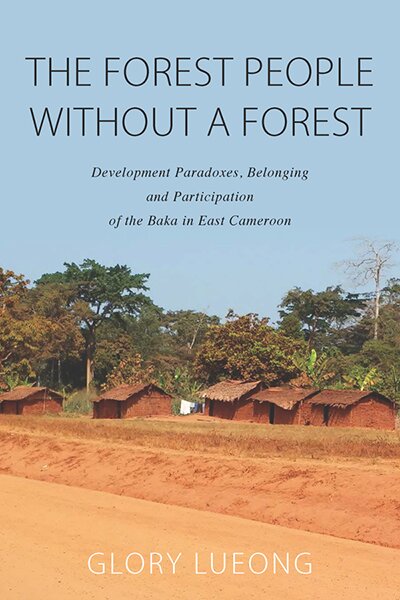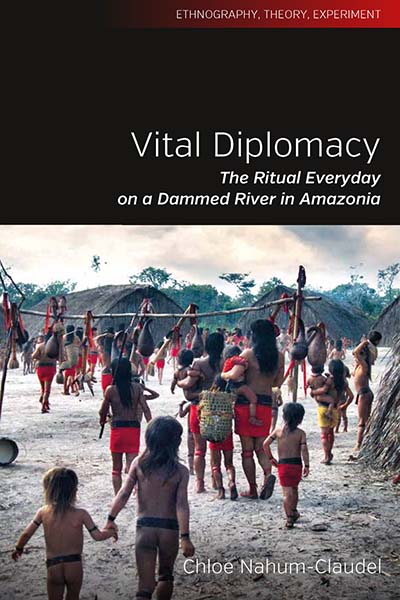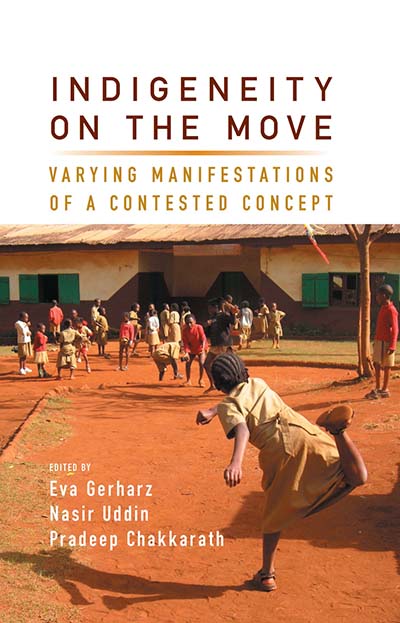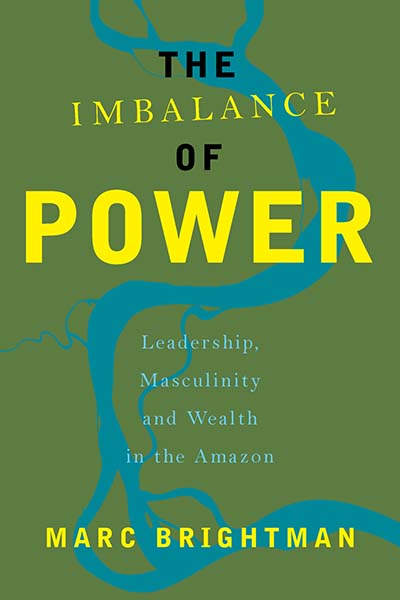
See Related
Anthropology JournalsEmail Newsletters
Sign up for our email newsletters to get customized updates on new Berghahn publications.
The Imbalance of Power
Leadership, Masculinity and Wealth in the Amazon
Marc Brightman
206 pages, 20 illus., bibliog., index
ISBN 978-1-78533-309-5 $135.00/£104.00 / Hb / Published (December 2016)
ISBN 978-1-78920-842-9 $34.95/£27.95 / Pb / Published (January 2020)
eISBN 978-1-78533-310-1 eBook
Reviews
“This book makes a crucial contribution to Amazonian anthropology, bringing to the forefront a topic that has remained under-thematized in the last decades.” · Carlos Fausto, Universidade Federal do Rio de Janeiro
"This remarkable book on indigenous leadership The Trio, Wayana and Akuriyo (all from the Upper Tapanahony, Suriname), skilfully uses the tools of anthropology to provide us with enlightening ethnography, far from the usual traps of isolation, environmentalism and indigenous resistance." · AIBR
Description
Amerindian societies have an iconic status in classical political thought. For Montaigne, Hobbes, Locke, Hume and Rousseau, the native American ‘state of nature’ operates as a foil for the European polity. Challenging this tradition, The Imbalance of Power demonstrates ethnographically that the Carib speaking indigenous societies of the Guiana region of Amazonia do not fit conventional characterizations of ‘simple’ political units with ‘egalitarian’ political ideologies and ‘harmonious’ relationships with nature. Marc Brightman builds a persuasive and original theory of Amerindian politics: far from balanced and egalitarian, Carib societies are rife with tension and difference; but this imbalance conditions social dynamism and a distinctive mode of cohesion. The Imbalance of Power is based on the author’s fieldwork in partnership with Vanessa Grotti, who is working on a companion volume entitled Living with the Enemy: First Contacts and the Making of Christian Bodies in Amazonia.
Marc Brightman is Professor of Anthropology at the University of Bologna. He has published on a variety of topics including ownership, indigenous movements, animism and forest governance.

